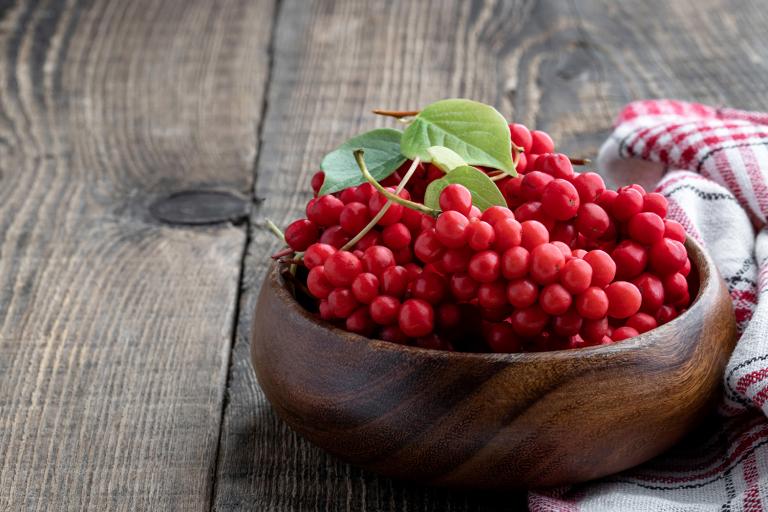Diet, blood sugar management, exercise, nutrition, and lifestyle have a tremendous impact on brain health. Natural remedies are also an important part of a brain-boosting strategy.
Nootropics are medicinal botanicals that support mental function—including cognition, focus, and memory—making them useful for people with a wide range of brain health concerns, and those simply looking for some extra support.
Herbal Nootropics
-
Mint for Memory
Various mint-family plants act as nootropics. They help improve focus and mood, reduce inflammation, reduce blood sugar, and boost levels of the important neurotransmitter acetylcholine.
Each has its own specialty, and all work quickly, typically within minutes. Regular use offers deeper benefits.
-
Rosemary (Rosmarinus officinalis)
Recently renamed Salvia rosmarinus, the aroma of this Mediterranean herb has been relied upon and incorporated into daily rituals for millennia.
Whether ingested or inhaled, rosemary’s potent antioxidant, anti-inflammatory, circulation-enhancing, and neurotransmitter-boosting aroma clears the cobwebs, uplifts the senses, and improves memory.
-
Lemon Balm (Melissa officinalis)
Just one hour after taking lemon balm, studies suggest you may feel less anxious and more focused, an effect that improves with regular use.
Lemon balm offers a gentle calming, soothing action, easing not only anxiety but also agitation, hyperactivity, anger, and frustration in all ages.
Studies support its use inhaled, applied topically, and/or internally.
-
Peppermint (Mentha x piperita)
In aromatherapy, in chewing gum, as tea, or just a few drops of tincture, peppermint promotes a perky-alert-energized mental state.
It helps clear the mind, boost mood, and improve speed and accuracy for day-to-day tasks like data entry and other clerical work.
-
-
Find your Focus
These remedies calm anxiety, agitation, and stress with better focus and without sedation. They’re kid- to elder-friendly and useful in almost any cognitive concern from ADHD to dementia as well as traumatic brain injury.
-
Bacopa (Bacopa monnieri)
This traditional nootropic from India is sometimes called “Brahmi,” a common name shared with fellow nootropic gotu kola. Both herbs are subtle, slow-building tonics for neural health that calm anxiety and agitation while enhancing cognitive function and clarity.
Bacopa offers support for nervous system restoration, and has gently calming but non-sedating actions.
-
Gotu kola (Centella asiatica)
An adaptogen, vulnerary (healing wounds and supporting collagen and connective tissue integrity), circulatory tonic, and blood vessel toner, gotu kola works best in larger doses, including food forms like juice or pesto, or in formula.
Ensure that you’re buying organic cultivated material from reputable companies.
-
Schisandra (Schisandra chinensis)
Another adaptogen, this fruit from traditional Chinese medicine has a wide range of medicinal actions.
For cognition, you’ll notice your focus and energy sharpen almost immediately, without (for most people) feeling overly stimulated.
-
-
Other options
-
Rhodiola (Rhodiola rosea)
This Siberian longevity tonic and adaptogenic root not only helps you feel more energized and more resistant to stress but also supports mood, neural health, and improved alertness.
-
Lion’s Mane Mushroom (Hericium erinaceus)
This edible mushroom, taken as a supplement or eaten regularly for months, has the potential to gradually help restore nerve function, memory, and cognition.
It may help delay a decline due to aging or damage.
It also supports mood and sleep.
-

